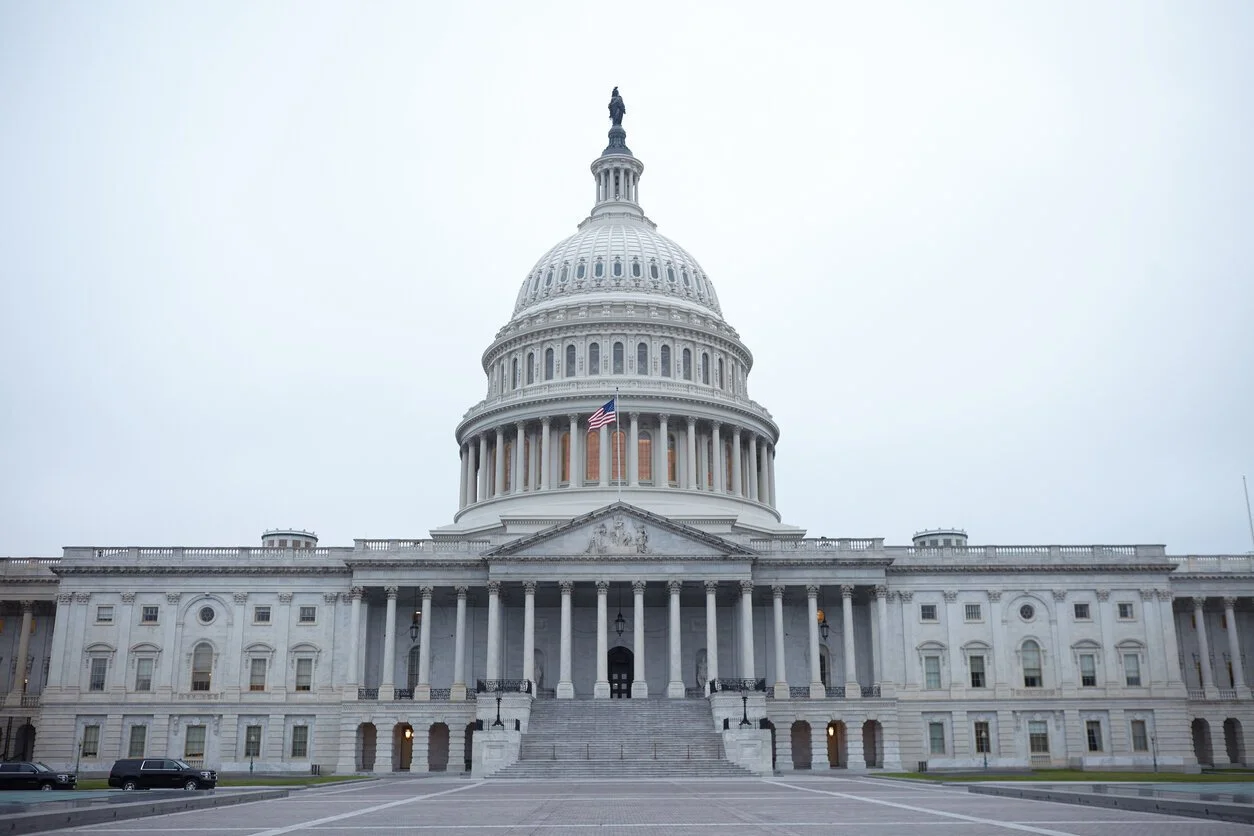Bills Seek To Empower OMB In Reorganization Efforts
Last week, according to Nicole Ogrysko at Federal News Radio, Rep. Jody Hice (R-GA) introduced the Reforming Government Act of 2018, a bill that would give “OMB the authority it needs to merge, transfer, consolidate an independent regulatory agency and its functions – or abolish an agency altogether.”
The bill would strengthen OMB’s hand in attempting to carry out the government-wide reorganization process envisioned by the White House. The legislation has a powerful early ally, earning as an original sponsor Rep. Mark Meadows, Chairman of the House Oversight and Government Reform Committee’s Subcommittee on Government Operations.
Hice’s legislation is intended as a companion bill to an earlier Senate bill, introduced in June and scheduled for a markup in the Senate Homeland Security and Governmental Affairs Committee (HSGAC) later this week.
The bills give OMB a two year timeframe for proposing an “efficiency-enhancing” plan to Congress, proposing how it would pare back the number of agencies and the associated cost savings.
Ogrysko notes that Congress is not unified on the subject, however.
“At the same time, Congress is also broadly complicating the administration’s reorganization plans,” Ogrysko writes. “Lawmakers included a provision in the 2018 omnibus spending package that prevented agencies from appropriations to ‘increase, eliminate or reduce funding for a program, project or activity’ without earning congressional approval first.”
Some good government groups have suggested that the key to ensuring a more meaningful reorganization process is ensuring all stakeholders are involved.
“They didn’t socialize this,” Bill Valdez, president of the Senior Executives Association, told Ogrysko regarding the government reorganization proposals. “They didn’t build a coalition behind it, both on Capitol Hill but also with the American public, about why these reforms were needed. Without that coalition building, without that stakeholder involvement, you can’t implement any kind of dramatic agency reform or institutional change.”


